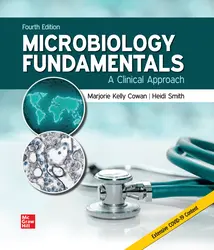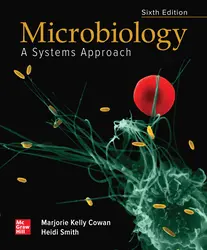Rev Up Your Group Study
Learn tips and tricks for how to rev up your study group!
Published August 3, 2021

Year after year, instructors report that their number one classroom frustration is underprepared students. By this, they can mean “prepared” for class today or “prepared” for a college science course in general.
For the last decade or so, I have studied both issues and consulted hypothesis-driven research conducted by hundreds of scientists and pedagogy experts. A few remedies for the “not prepared for class today” have risen again and again to the surface, and one of them is (effective) group study. Interestingly, group study is also one way to mitigate some of the issues associated with a poor overall preparation for college-level science. (Note: This is group study, not group projects or group work.)
Group study can increase learning for many reasons; here are several reasons:
- Teaching a peer is a highly effective method for learning
- Learning from a peer can be more effective than learning from an instructor
- Students can witness and learn other peoples’ study methods and strategies
- Students with lower reading abilities get a significant boost from group study
- Struggling in isolation is more likely to lead to low confidence, poor performance, and even course withdrawal.
You’ll notice I said effective group study. Many students do not report that their group study sessions are useful. The number one reason for this is that it can lack structure and easily devolve into a hang-out rather than a study session.
In this short (14 min) video, I will talk to your students about how to study together effectively. This is hands-free for you! Your involvement can end once you make this video available to them. I discuss some easy tools they can start using immediately. You can download and assign this video in Connect by clicking on “Add Assignment”, Web Activity, add this URL: And click on assign.
It’s suitable for all students, but students using either of the Cowan microbiology textbooks will have a group study guide titled “Study Smarter: Better Together” specific for each chapter’s contents that they can use as a template.
In Microbiology, A Systems Approach, 6th edition, Study Smarter is in the body of the text, at the end of every chapter. It appears on the Connect site under Instructor Resources, chapter by chapter if you are using Fundamentals of Microbiology, 4th edition.

Microbiology Fundamentals: A Clinical Approach
4th Edition

Microbiology: A Systems Approach
6th Edition
Want More Information Contact Your Sales Representative
